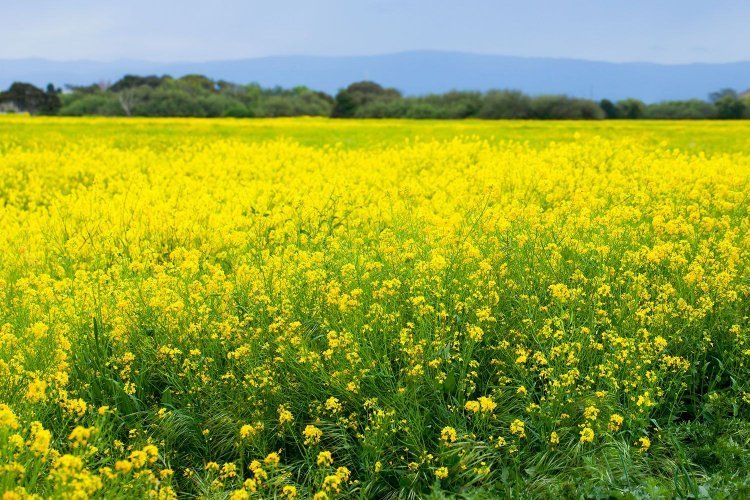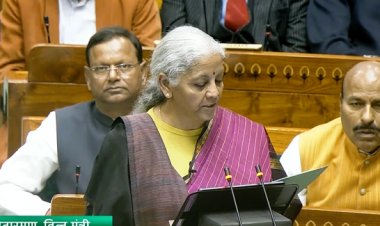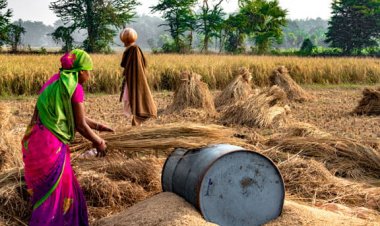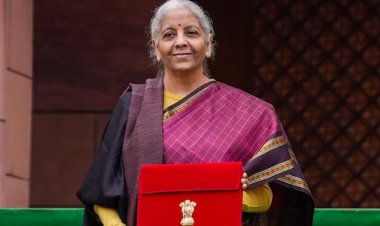RSS-affiliated Bharatiya Kisan Sangh (BKS) on Friday opposed the biotech regulator GEAC's recommendation for the environmental release of genetically modified (GM) mustard and asked how the regulator took a decision without relying on any studies conducted in India.
The environment minister should immediately direct GEAC to withdraw its recommendation, it said in a statement.
In the October 18th meeting, the Genetic Engineering Appraisal Committee (GEAC) under the Union environment ministry recommended the "environmental release of mustard hybrid DMH-11 for its seed production and testing as per existing ICAR guidelines and other extant rules/regulations before commercial release".
The recommendation will now again go for the approval of the environment ministry.
The transgenic mustard hybrid DMH-11 has been developed by the Centre for Genetic Manipulation of Crop Plants (CGMCP) at the Delhi University.
BKS, in a statement, said, "No one knows about the GM mustard although it has been in discussion for the past several years. At times, it was told it was developed to boost productivity and later it was said it was meant for male infertility. After a few days, it was told it was made for controlling weeds. What is it now, no one knows."
GEAC in a permission letter to the developer has said, "All the information received in support of them was brought from abroad. The study about it in our country is yet to be done," it said.
No research has been done in the country about the impact of GM mustard on bees and pollination, it said.
If no study was conducted in India, "How did a responsible organisation like GEAC take irresponsible, illegal, unscientific decisions? This topic is not ours, ED (Enforcement Directorate) and I-T (Income Tax) will see this subject if necessary," it added.
The BKS further said if an environment against use of GM mustard oil is created then it would have an impact on native cultivation of mustard and farmers will be in trouble.
Also, many are supporting GM mustard in the name of making the country self-reliant in edible oils. "Why and under whose pressure and influence they are saying," BKS questioned.
The farmers' body said by announcing good prices for oilseeds and making procurement arrangements, the government can become self-reliant in edible oils in a year or two.
India imported around 130 lakh tonnes of edible oil during the 2020-21 oil year (November-October).
The government has so far approved (in 2002) only one GM crop, Bt cotton, for commercial cultivation.




 Join the RuralVoice whatsapp group
Join the RuralVoice whatsapp group








































